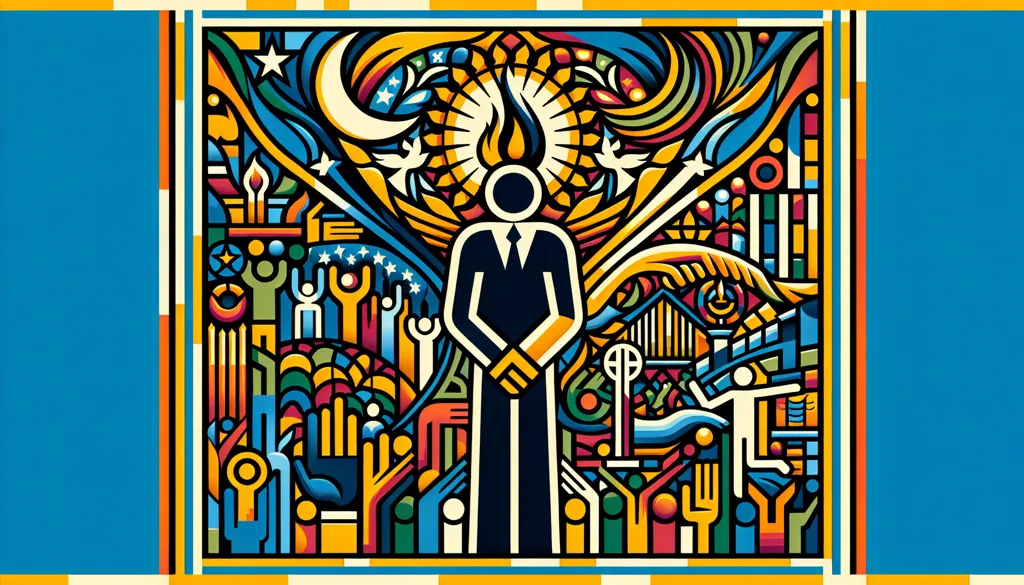Religious Freedom and Human Rights Violations in Russian-Occupied Ukraine
The ongoing conflict in Ukraine has brought to light severe violations of religious freedom and other human rights in areas occupied by Russian forces. Since the initial invasion in 2014, these violations have become a systemic issue, deeply affecting the lives of those in occupied territories. As a mother and content writer living in Kansas, I am deeply moved by the resilience of people facing such challenges and am compelled to share their stories, hoping to raise awareness and foster understanding.
The Onset of Violations
In 2014, Russia's illegal annexation of Crimea marked the beginning of a series of human rights abuses. The imposition of Russian law, which disregards international human rights standards, has led to widespread persecution of religious communities. Many religious leaders have been kidnapped, tortured, or murdered, and religious gatherings have been banned or severely restricted. This assault on religious freedom is not just a political issue; it touches the very core of human rights and dignity.
Impact on Religious Communities
The Russian occupation has specifically targeted religious communities, with severe repercussions for those who refuse to align with Russian-controlled religious entities. For instance, priests who resisted joining the Russian Orthodox Church have faced forced disappearances and false charges, exemplifying the lengths to which the occupation forces will go to suppress dissent. The case of Fr. Kostiantyn Maksimov, who was detained and falsely charged with espionage, highlights the repressive measures used to silence religious leaders.
Broader Human Rights Abuses
The violations extend beyond religious freedom. Reports from the UN and other organizations document arbitrary detentions, torture, and enforced disappearances of civilians. The imposition of martial law and the illegal application of Russian legislation further exacerbate the situation, creating a climate of fear and oppression. These actions not only infringe on individual rights but also undermine the fabric of civil society in occupied regions.
Resistance and Resilience
Despite the dire circumstances, many individuals and communities continue to resist. Secret gatherings for worship persist, demonstrating the resilience of those who refuse to be silenced. This spirit of defiance is reminiscent of the stories I grew up hearing in the Midwest, where community and faith often provided strength in times of adversity. It's a powerful reminder of the human capacity for endurance and hope.
International Response and Obligations
International bodies, including the UN, have condemned Russia's actions, urging respect for human rights and adherence to international humanitarian laws. However, without concrete actions to address these violations, the situation remains bleak. The global community must reinforce its commitment to protecting human rights, providing support to those affected, and holding perpetrators accountable.
Conclusion
The ongoing conflict in Ukraine and the associated human rights violations in occupied territories are a stark reminder of the fragility of freedom. As someone who values religious freedom and human rights, I am deeply concerned about the plight of those living under occupation. It is imperative that we continue to share these stories and advocate for justice and peace. By doing so, we honor the resilience of those who fight for their rights and inspire others to join in the pursuit of a world where freedom and dignity are upheld for all.

